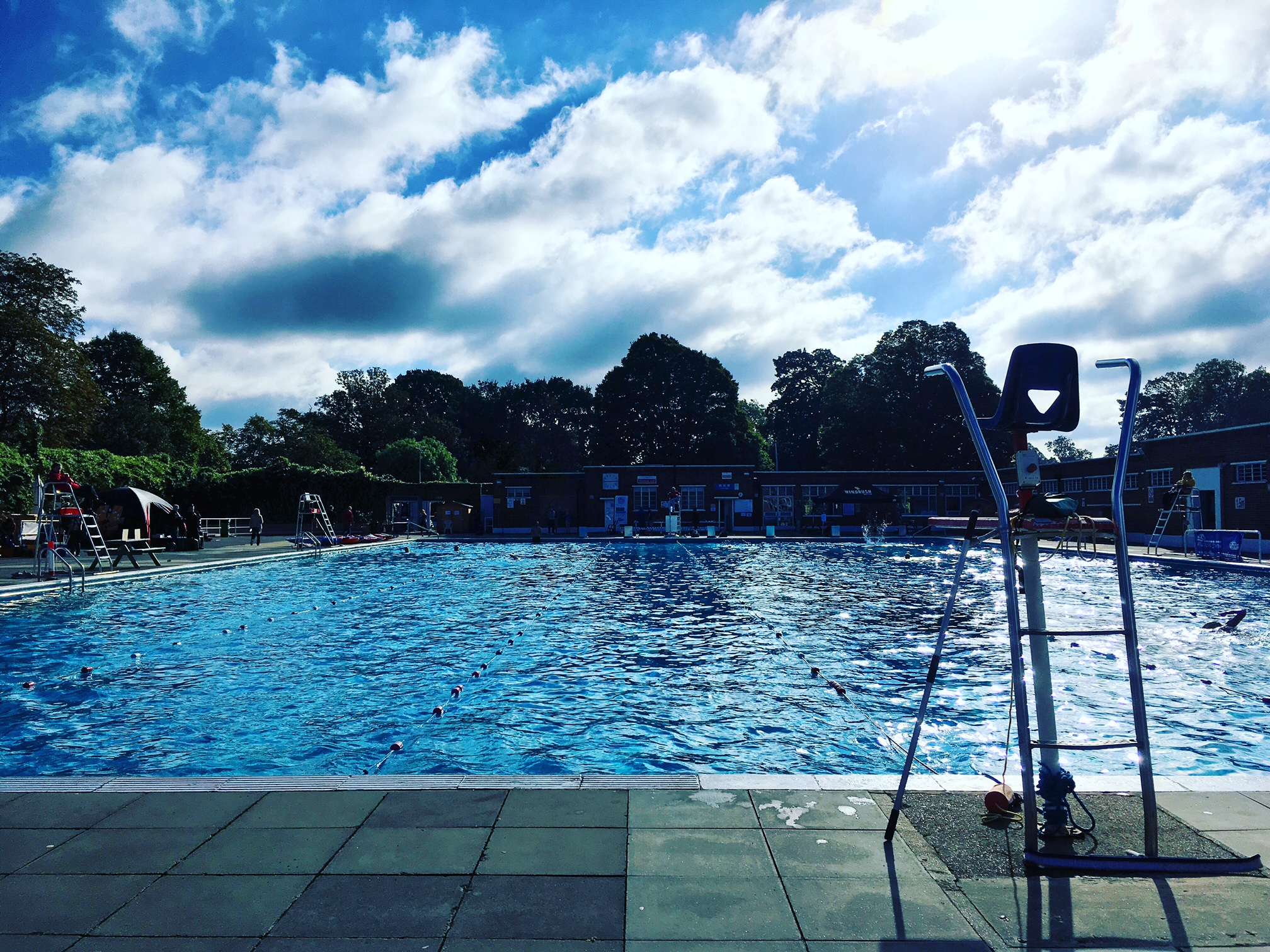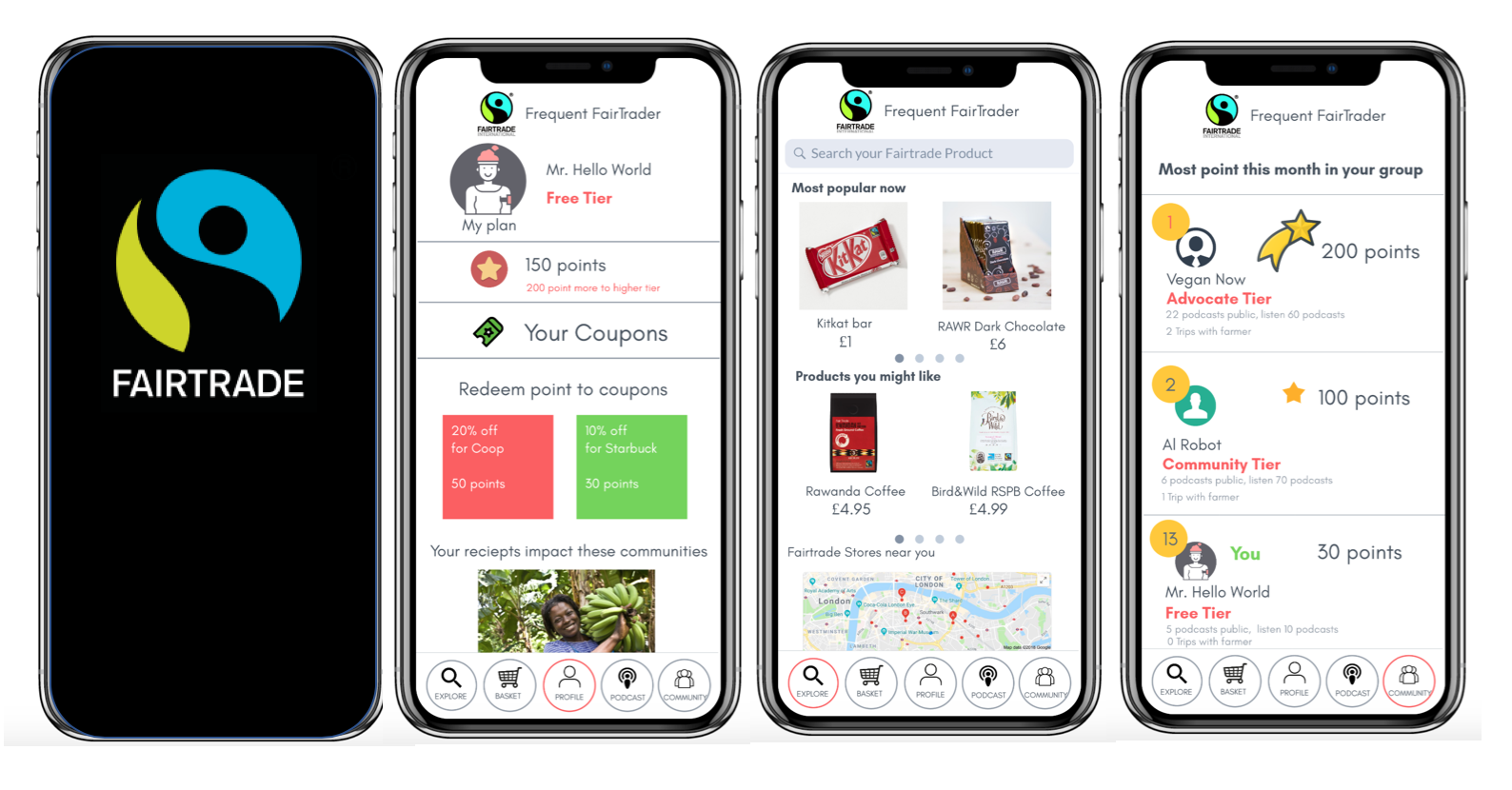by Heather Kappes, Assistant Professor, Department of Management
A group of participants available to participate in research studies at a given location is often referred to as a subject pool. For instance, the LSE’s Behavioural Research Lab has a pool of potential participants made up of students, staff, and local individuals.
On October 2nd Matteo Galizzi and I did some research and knowledge exchange at an actual swimming pool, the Brockwell Park Lido in south London. This was part of the “Fun Palaces” annual weekend of free events with the motto Everyone an Artist, Everyone a Scientist. The Brockwell Park event had an especially rich array of activities on offer, including kayaking and diving lessons in the pool, a magician, horses, bats, spinning, CSI activities, a neuroscientist, and cheerleaders.
Alongside this diverse lineup we, with the help of several postgraduate and undergraduate research assistants, had the chance to share our work with kids, their parents, and other community members. We gave kids the chance to answer a short survey measuring how they think about spending and saving money, and then to play some of the economic games that are more commonly used with adults.
For instance, we used tokens to have them play a dictator game dividing prizes between themselves and needy children, a time-discounting game where they could get better prizes if they were willing to wait a week, and a risk-taking game where they could spin a wheel to try to earn better prizes—with the risk of losing their tokens. This research was part of our project aimed at understanding roots of financial resilience, funded by the Institute of Global Affairs (IGA) at LSE, supported by the Rockefeller Foundation.
Parents were interested to see how their children answered the survey questions; even very young children seemed to have opinions about what it means to spend money. They were also fascinated by their children’s choices in the economic games, often telling us that they were (or weren’t!) surprised to see how generous or patient or daring the child was.
We had the chance to talk about behavioural science with the parents as well as with adults who visited the Fun Palace without kids. Their interest and engagement was fantastic and the day, although tiring, was also energizing. One of the handouts that we distributed at our booth is below. You’re welcome to use it or adapt it yourself, and we’d be grateful for any comments about other ways to explain behavioural science to kids.
When we first approached the lovely volunteers who were organizing the Brockwell Park Fun Palace, they were interested in our work but skeptical about the fit with their event. As one put it: “It’s clear that you’ll benefit from this for your research, but Fun Palaces are really about engagement. What is the public gain you’re offering?” Happily we were able to convince them that we fit the bill, and we were glad for the opportunity to be able to share a little about our science with the public—alongside kayaks, horses, bats, and magicians.





